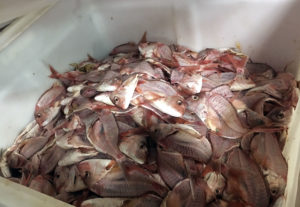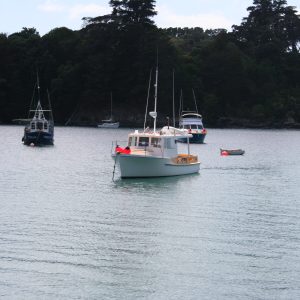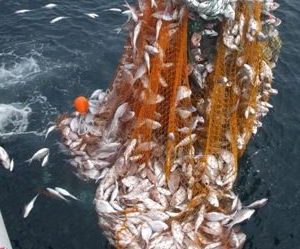Talk is cheap. On the one hand we have fisheries managers and companies espousing value creation yet all we can see is the Quota Management System being used to benefit the supply chain while paralysing fisheries management and innovation. After 30 years of this QMS experiment we now realise quota control ought to have remained on the water, with the fisher.

The QMS has resulted in a select group of local and foreign investors owning shares in the eight major companies that take the cream of our publicly owned fishery resources. These quota owners have a vice-like grip that extends to controlling fisher activity at the wharf and even out at sea. By wielding their power, they also have a major influence on how much fish we have access to, and more importantly, how many fish the Minister leaves in the water for us and our children.
Consolidation of quota into the hands of shareholders has led to fewer owner-operators. As a consequence, the fishers’ freedoms have been lost. Now the lone fisher is controlled by the quota owner, who is usually the processor to whom he sells his catch.
Fish catches have moved from being an asset that has strong incentives to create value, to a commodity to be cost-controlled and dutifully supplied by the commercial fisher.
Those fishers who have a strong desire to create value find it almost impossible to capture it, as any improvements that create value are simply captured by the quota owner. And no amount of weasel speak alters the essential realities that New Zealand’s Quota Management System has smothered competition and value creation.
We see generic industry-wide corporate efforts to confront the lack of innovation and value creation that ignore the basic realities. It is the small operators or start-ups that drive innovation not the incumbent corporates, because they lack the necessary agility and motivation.
The overarching requirement for innovation is competition. Currently there is competition for quota, but practically none for fish. To empower innovation and open the commercial fishing industry to value creation the barriers to entry must be abolished.
There is a small number of fishers striving to escape the suffocation of commodity supply and instead build a business on low-quantity, high-value fish. LegaSea wishes them every success and considers these fishers to be the future, as compared to the contractually constrained servants we see now at the wharf whose voices are crushed in the din of corporate spin.





